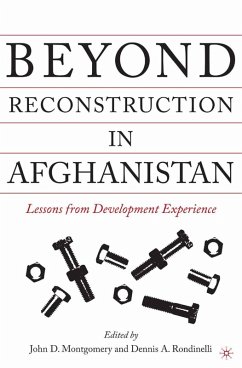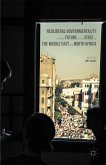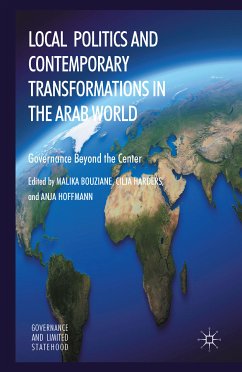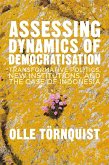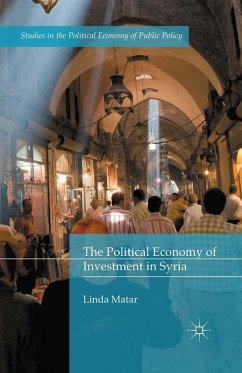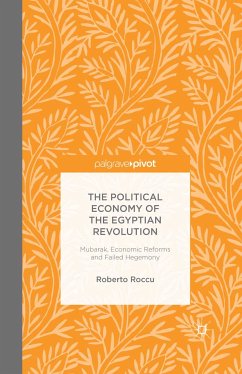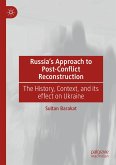The interaction of failed states, terrorism and the need for 'nation building' is at the top of the international agenda, with particular focus on Afghanistan and Iraq. This path breaking collection brings together top analysts to examine the goals and challenges facing efforts to reconstruct states that have collapsed into anarchy or have been defeated in war. Drawing on lessons from 50 years of past experience with post-conflict reconstruction and development around the world, the authors provide historical context, identify difficulties that can impede progress and recognize the realistic limitations of ambitions to create new states. They assess ongoing development plans in a country devastated by more than a century of conflict. Throughout, particular attention is paid to the interaction of the goals of external and domestic actors, highlighting the importance of understanding the internal social, economic and political environment of the society receiving assistance.
Dieser Download kann aus rechtlichen Gründen nur mit Rechnungsadresse in A, B, BG, CY, CZ, D, DK, EW, E, FIN, F, GR, HR, H, IRL, I, LT, L, LR, M, NL, PL, P, R, S, SLO, SK ausgeliefert werden.
"It is the unfortunate case that policymakers engaged in nation-building have time and again failed to tap existing knowledge about the countries that are the object of their efforts, and lessons from other nation-building exercises. Beyond Reconstruction in Afghanistan begins to correct this deficit by providing invaluable background to the problem of reconstructing one of the world's most troubled countries." - Francis Fukuyama, The Paul H. Nitze School of Advanced International Studies Johns Hopkins University
"This is the best place to start for increasing understanding of the challenges facing those who would engage in 'nation building.' Beyond Reconstruction in Afghanistan provides dispassionate and richly informed analysis of the troubled attempts to reconstruct and restore a devastated land. While every country is unique, the lessons drawn from Afghanistan and other, previous, attempts at nation building clearly have import for Iraq and any other potential cases. And one lesson surely is that caution is wisdom." - Alex Inkeles, Stanford University
"This is the best place to start for increasing understanding of the challenges facing those who would engage in 'nation building.' Beyond Reconstruction in Afghanistan provides dispassionate and richly informed analysis of the troubled attempts to reconstruct and restore a devastated land. While every country is unique, the lessons drawn from Afghanistan and other, previous, attempts at nation building clearly have import for Iraq and any other potential cases. And one lesson surely is that caution is wisdom." - Alex Inkeles, Stanford University

